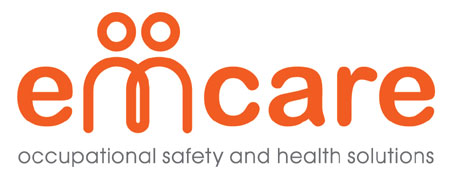New Care Home Guidance for People with Learning Disabilities who Have Dementia
On 19 October 2022, the Care Inspectorate’s Press Office published the following release:
Guidance has been published to help care homes in Scotland provide appropriate support for people with learning disabilities who have a diagnosis of dementia. The new guidance has been developed by Healthcare Improvement Scotland and the Care Inspectorate. It is believed that the national guidance is the first of its kind.
Care homes for older people may be reluctant to admit people living with a learning disability and dementia, due to uncertainty as to how to meet their needs. This guidance focuses on people with a learning disability and advancing dementia who are moving to a care home because their needs have increased and can no longer be met in their own home. The guidance aims to ensure that transition to a care home is appropriate and provides the best outcomes for the individual.
Age-related dementia is more common at earlier ages in people living with a learning disability than in the rest of the population (about 13% in the 60 to 65 year old age group compared with 1% in the general population). At least 30% of people living with Down’s syndrome who are in their 50’s may experience dementia, and 50% in their 60s.
We spoke to people with learning disabilities and dementia as part of the creation of the guidance. One individual said: “It’s an environment I don’t know about. It’s scary.” While another commented: “It is important to help staff in the care home understand my story and get to know me.”
Professor Karen Watchman, international expert in learning disabilities and dementia and Senior Lecturer in Ageing and Dementia, University of Stirling, welcomed the guidance, saying:
“People with a learning disability are now living for longer and are more likely to develop illnesses like dementia. We hope the new guidance will ensure that any person with a learning disability and dementia will be at the centre of any decision making and their physical needs are met. Moreover, that staff who support will have the appropriate knowledge, skills and training.”
Kevin Stewart, Scottish Government’s Minister for Social Care, said:
“We understand how challenging it can be for people with a learning disability and a diagnosis of dementia to change their living arrangements and this new guidance will not only improve the services people receive, but will give staff improved information to support them to continue to deliver exceptional care across the country.
“Scotland has a track record in supporting people living with dementia, as shown by our world leading commitment to provide immediate support in the first year after people receive a diagnosis and our National Conversation events to give those living with dementia, their families and carers the opportunity to shape the help available.”
Laura Porter is Interim Service Manager for Learning Disability at Inverclyde Health and Social Care Partnership. Speaking of the guidance, she said:
“The need to move to a care home can be difficult for people with learning disabilities. Families and carers find it difficult to cope with increasing needs, and the person’s confusion and loss of skills. I hope the guidance will be something that can be passed to families and to care home staff, to reassure them that if they accept a placement for someone with learning disabilities, there will be support available.”
Emcare offers training courses for new and experienced social care workers that help them develop the skills and knowledge that they need to confidently provide their services. To see the range of Emcare’s social care training courses, click Here.



